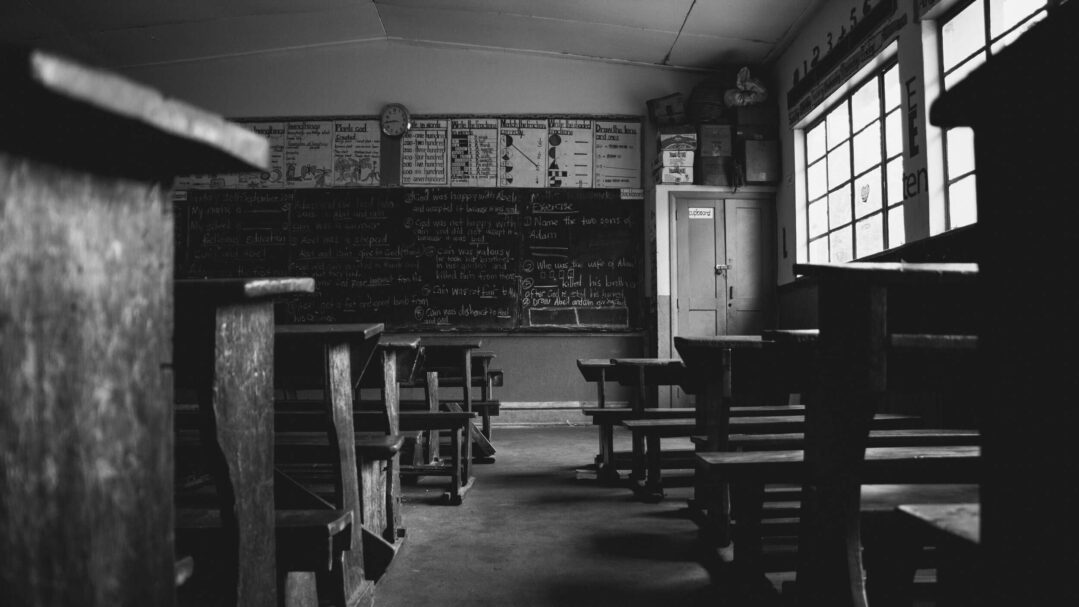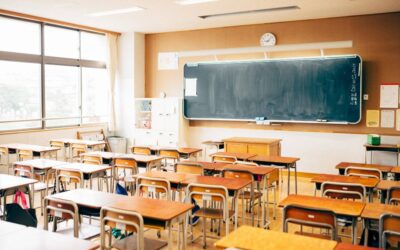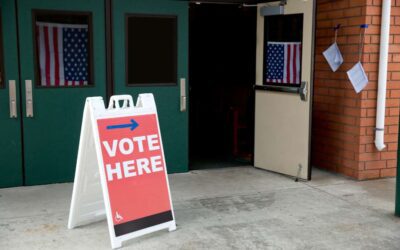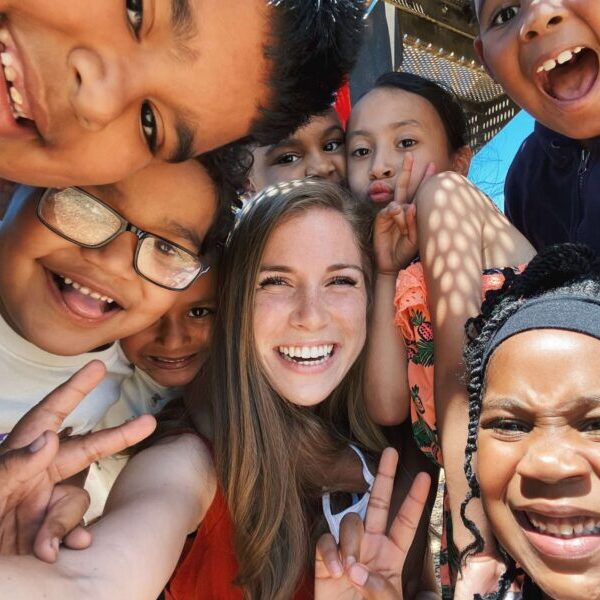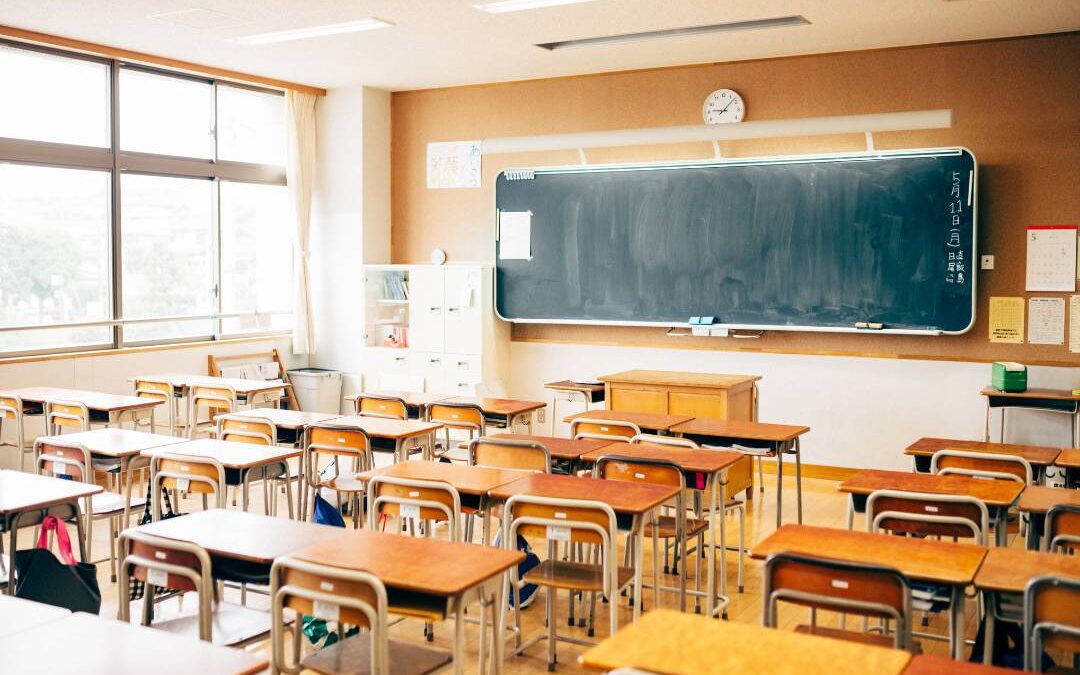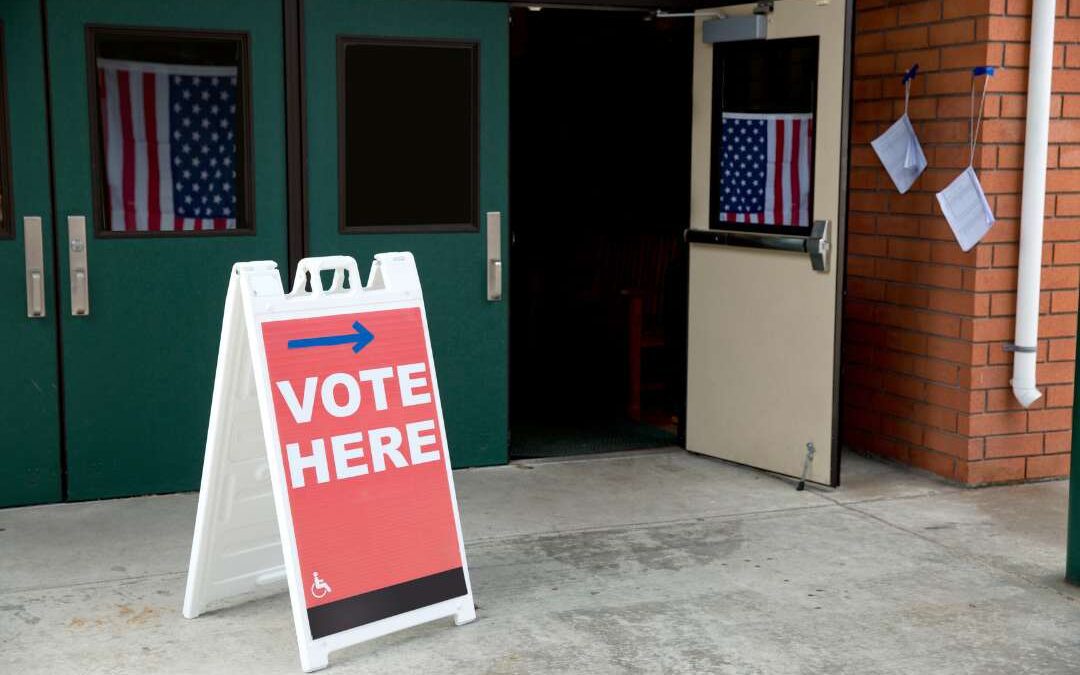If you were to walk into most any public school today, it would be nearly impossible to say that segregation is over. The fight for equal education for all children has been a long and defeating one. It began in the 1840s with Robert vs. the City of Boston, and it technically ended in 1954 with Brown vs. the Board of Education. However, if you take a closer look at public schools today, you’ll see that in reality, segregation has not been erased. Take Charlotte-Mecklenburg Schools (“CMS”), the school district in which I have worked. It began as a segregated school system but eventually became one of the nation’s most exemplary integrated systems through busing until 2001, when a white parent won the appeal of a lawsuit against the school system, effectively resegregating CMS. As recently as 2018, studies have shown that CMS is the least ethnically diverse school system in all of North Carolina.
Just a few years ago, I worked with students in the morning who went to a local Title I (low-income) school. All of my students were minorities. In the afternoons, I began my second job of nannying, where I would pick up two children from a local public school in one of the richest areas of town. It struck me that all of the children playing safely in that school yard were white, when all of the children I worked with in the Title I school were black and brown.
I had never thought of it before, but I wondered, “Why is this affluent school comprised of mostly white children, but the lower-income school is mostly minorities?” I pondered that question each day as I went from one job to the next. I felt a sick twist in my stomach as I began to see first hand the harsh reality of disparity. I could no longer ignore the systems that oppressed these children that bear God’s image (Genesis 1:27).
While legal segregation may have ended, the effects are long lasting and are still impacting many students today. Today, we see this displayed in communities that are still segregated, resulting in schools that are drastically different depending on the neighborhood they live in. Students in low-income schools and communities face numerous challenges that students in affluent schools do not face, such as meals with poor nutrition, outdated technology and classroom materials, high student-to-teacher ratio, and a lack of academic opportunities like tutoring and scholarships.
As believers, we are called to love our neighbors (Matthew 22:39), and knowing and caring about the inequality stemming from segregation in schools is just a piece of what loving our neighbor means. In our local communities, there are thousands of children who attend these schools, and educating ourselves about them helps us know how to better love and care for the youngest of our neighbors.
We know that the Bible commands us to both love our neighbor and not oppress them (Matthew 22:34–40; Leviticus 19:13, 33–34). We must follow these commands in Scripture and work to lift the oppression that holds these children in a cycle of unequal opportunity. How do we follow these commands and apply them to the inequality of our local schools? First, we pray. Pray that our hearts would be grieved over what grieves God, and that our hearts would love what He loves (Romans 12:9). Secondly, we humbly listen to others around us and learn about the inequalities in our local school system and communities. Lastly, we can love our neighbors by volunteering at our local schools, donating money or supplies (Donorschoose.org is a great place to start) and, most importantly, by interceding in prayer on behalf of the children and families still impacted by segregation in schools.
These applications are not exhaustive. There is certainly more that we can all do, but we must remember that our works are not what makes us good. It is God who gives growth, not us (1 Corinthians 3:6). God is the one who graciously grants and gives justice to His children (Psalm 50:6). He is the only perfect and just Judge, and we will not see a perfectly just or equitable school system until He returns for His own (Revelation 7:9).
Published Originally: August 31, 2021
Prayer Requests:
- Pray for the children and families who endure the long-lasting effects of the sin of legal segregation. Pray that they would be given resources to overcome poverty and unjust results of legal segregation.
- Pray that the Lord would give His Church a kind and empathetic heart for public schools and the children that attend them, and that He would spur them on towards love and good deeds towards these communities.
- Pray that school leaders would have wisdom when it comes to equitably resolving the sin of legal segregation in schools.


